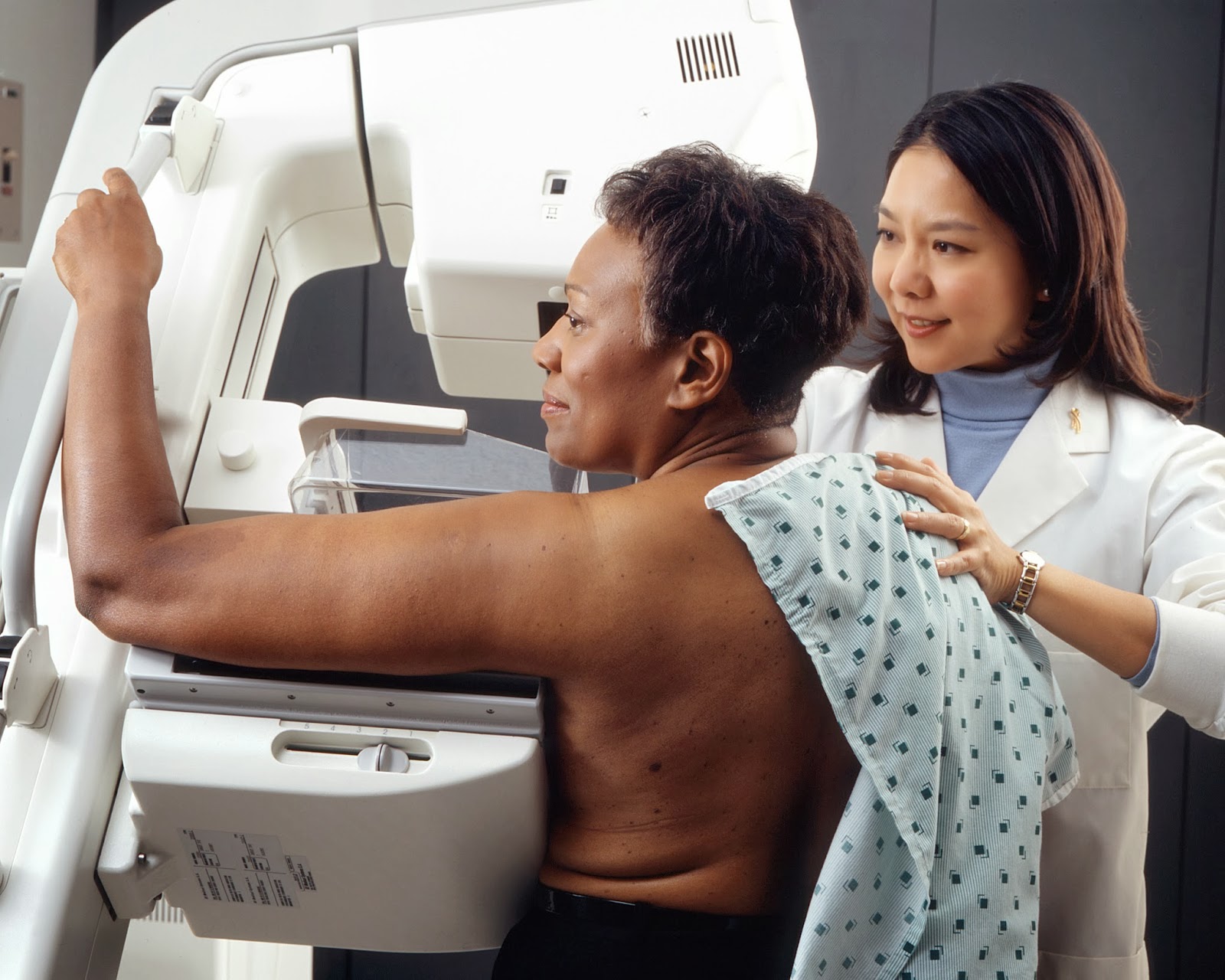ATLANTA, USA – The American Cancer Society launched a groundbreaking study on Tuesday, May 7, 2024, aimed at addressing the stark disparities in cancer survival rates among Black women in the United States.
The initiative, named VOICES of Black Women, seeks to enrol over 100,000 Black women ages 25 to 55, making it the largest study of its kind in the nation.
Despite a general decline in cancer mortality rates in the U.S., Black women continue to face significantly higher risks of dying from the disease compared to their white counterparts.
They are 40% more likely to die from breast cancer and 60% more likely to die from cervical cancer. The risk is nearly double for endometrial cancer, according to the National Cancer Institute.
Lauren McCullough, co-principal investigator and the visiting scientific director at the American Cancer Society highlighted during a briefing that Black women are often diagnosed at later stages with more aggressive tumour types, contributing to higher mortality rates.
Historical mistrust in the healthcare system among the Black community, rooted in past medical exploitation, poses a challenge to such research efforts.
Notable past abuses include unauthorised surgeries by James Marion Sims in the 19th century, the Tuskegee syphilis experiment beginning in 1932, and the case of Henrietta Lacks in 1951, whose cancer cells were used in research without her consent.
Addressing these concerns, Dr. Alpa Patel, senior vice president of population science at the American Cancer Society and a co-principal investigator of the study, emphasized the careful planning and ethical considerations involved in VOICES. “We’ve partnered with Black women to understand how to build this study in a way that is respectful,” she stated.
Participants in the study, who must be cancer-free at enrollment and reside in one of 20 states or Washington, D.C., will be asked to complete biannual surveys covering a wide range of topics from medical history to experiences of racism. This comprehensive data collection aims to shed light on how various factors, including systemic racism, impact cancer risks among Black women.
The findings from VOICES could play a crucial role in breaking down barriers to cancer prevention, detection, and treatment for Black women, potentially leading to more targeted and effective healthcare interventions.
“It’s rare that I use the word ‘transformative,’ but I think it’s very appropriate here,” Patel concluded, underscoring the potential impact of the study on improving health outcomes and achieving equity in cancer care.







